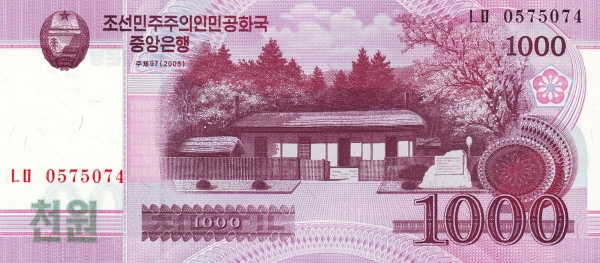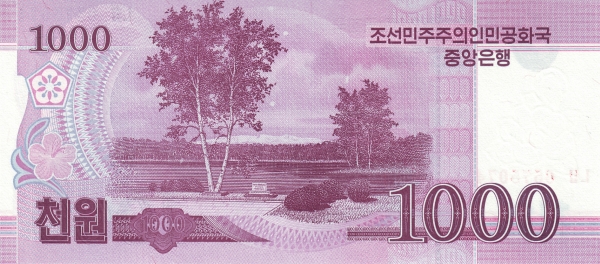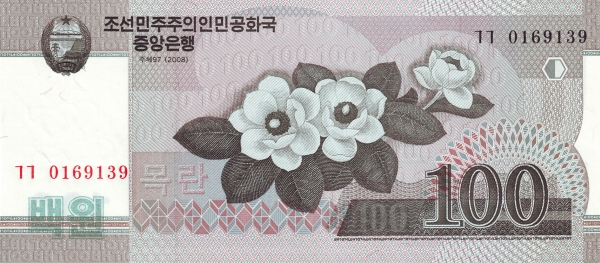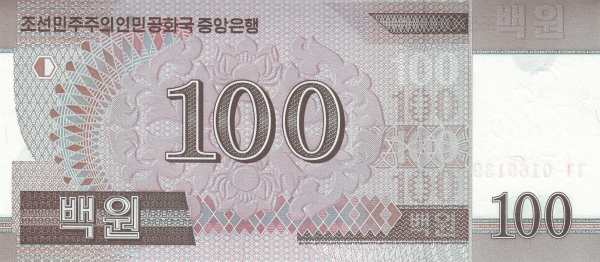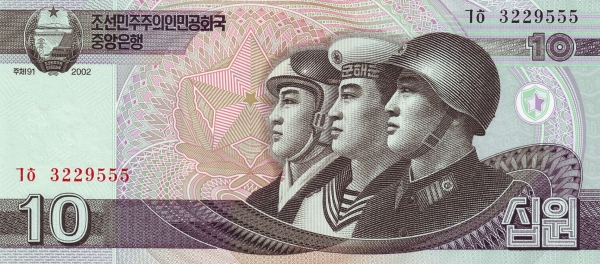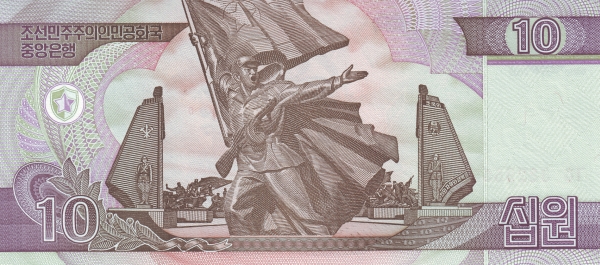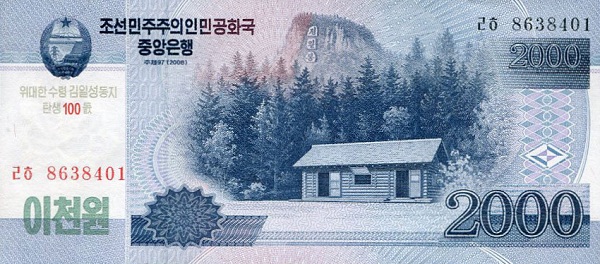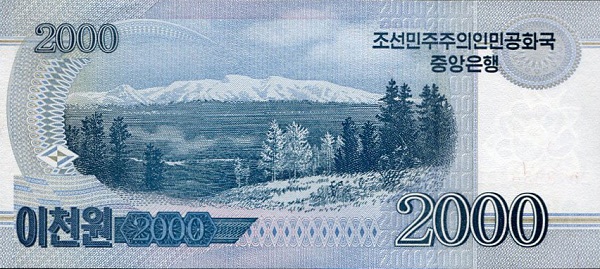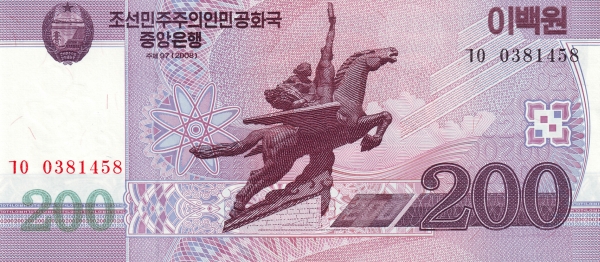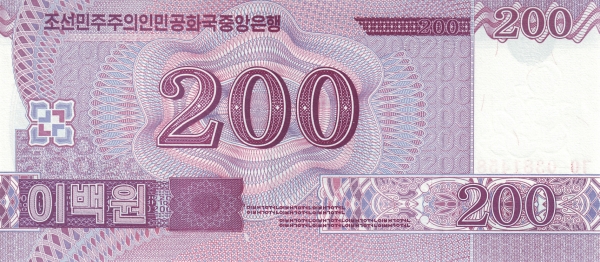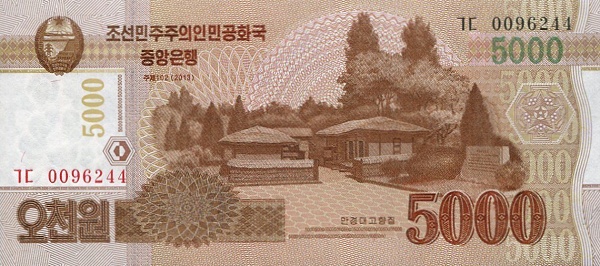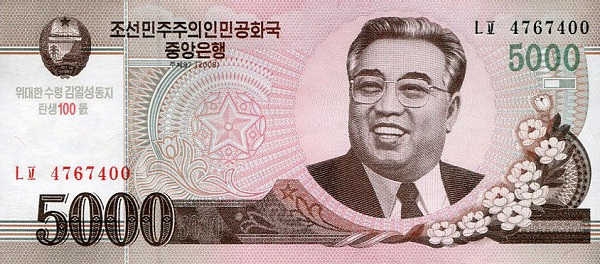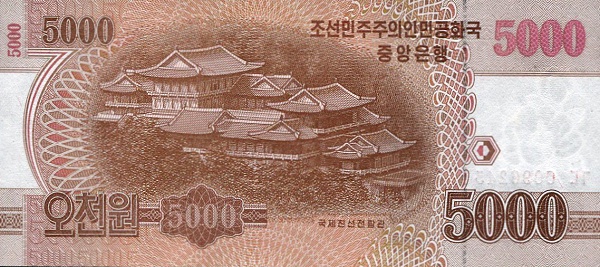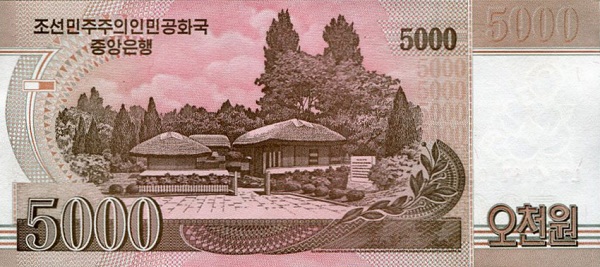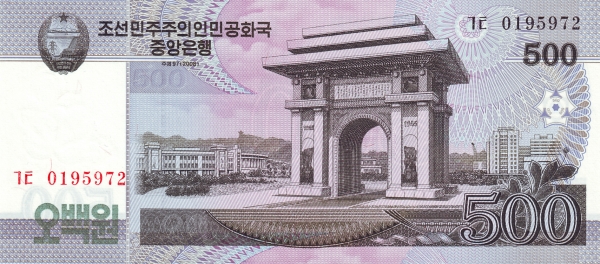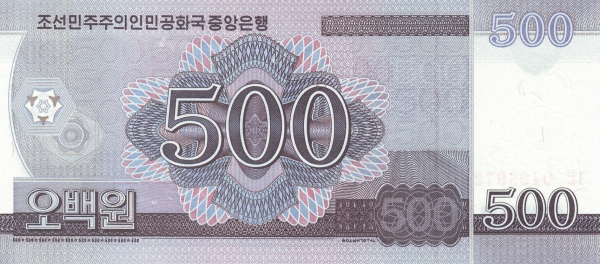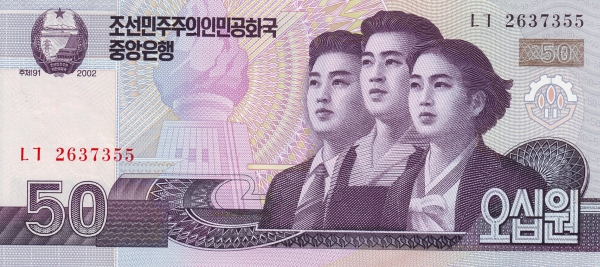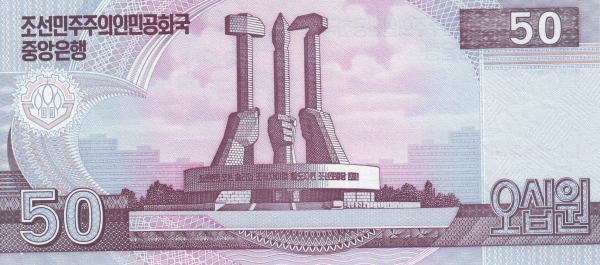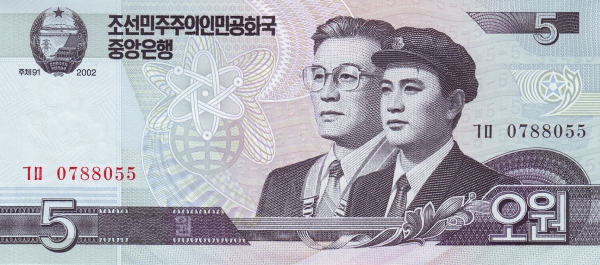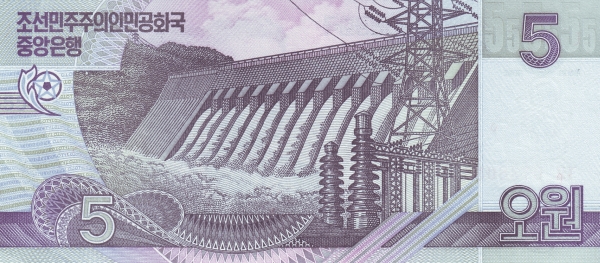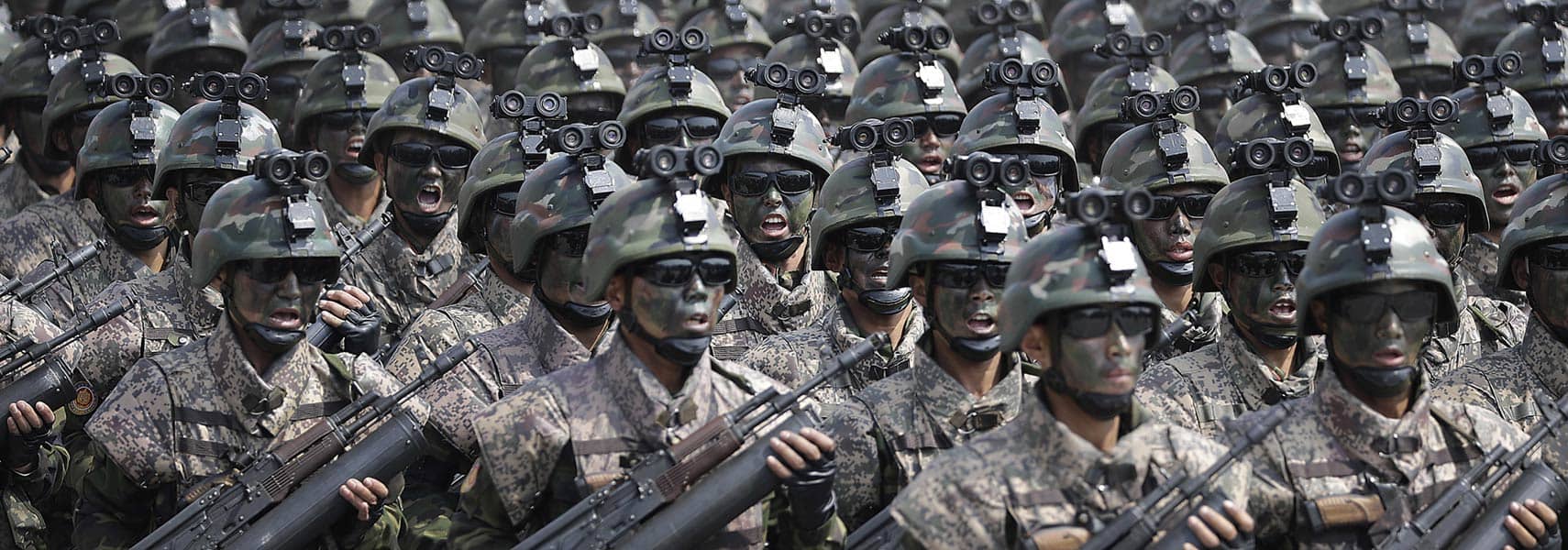Korea, Democratic People's Rep. (North Korea): An Overview
Korea, Democratic People's Rep. (North Korea) identifies itself as a unique nation in eastern Asia, covering the northern section of the Korean Peninsula. This part of the peninsula lies immediately south of mainland China. Remarkably, it has the Sea of Japan, known as the East Sea, on its eastern flank. To the west, the Korea Bay and the Yellow Sea define its borders, while the Korea Strait lies to the south. Land borders connect North Korea with its significant neighbors: China to the north and South Korea to the south. Notably, a slender 18 km (11 mi) boundary runs alongside the Russian Federation in the northeast, while maritime borders extend to Japan. Spanning an area of 120,538 km², the country is roughly half the size of the United Kingdom, which encompasses 242,900 km², or slightly more than half of the U.S. state of Utah, measuring 219,882 km².
Population and Culture
The nation's populations stand at approximately 26.5 million people as of 2024. Pyongyang claims the title of the capital and is also the largest city in Korea, Democratic People's Rep. (North Korea). The predominant language spoken is the North Korean standard language, known as Munhwaŏ. Central to the identity of this nation is the Juche ideology, which emphasizes self-reliance. Juche has evolved into a quasi-religious cult centered on the ruling Kim family, fostering a unique socio-political environment.
Historical Context
After World War II, the Korean Peninsula experienced a significant division. Consequently, the northern half fell under the dominion of Communist ideology, while the southern part gravitated towards Western influences. Kim Jong Il succeeded his father, Kim Il-sung, the nation's founder, after his death in 1994. Since then, North Korea has dealt with extensive challenges, including mismanagement and international isolation. As a result, the regime frequently relies on international food aid to cater to its citizens' needs.
Militarization and International Concerns
Despite the pressing humanitarian issues, North Korea allocates considerable resources to sustain a formidable military force of about 1 million personnel. The nation’s efforts to develop long-range missile capabilities, alongside research into nuclear, chemical, and biological weapons, raise significant alarms across the globe. Consequently, these actions spark concern within the international community regarding regional stability.
Government Composition in Korea, Democratic People's Rep. (North Korea)
North Korea operates as a totalitarian state cemented by Juche ideology, adhering to a centralized power structure. The Workers' Party of Korea (WPK) maintains controlling authority, following a hereditary leadership model. Under this system, Kim Jong Un presides as the Chairman of the State Affairs Commission, acting as both the head of state and supreme leader.
Legislative Assembly
The Supreme People's Assembly (SPA) serves as the country’s nominal legislative body; however, it primarily functions as a rubber-stamp institution for party decisions. This structure underscores the limited democratic engagement within the nation, reflecting a highly controlled political environment.
Juche and Songun Policies
The Juche ideology emphasizes essential tenets such as military strength, economic independence, and undivided loyalty to the state. Further strengthening these principles is the Songun (Military-First) policy, which prioritizes military interests in national strategies. These policies significantly influence the nation's direction and its interactions with the world.
Control over Society
The regime exerts stringent control over all facets of both public and private life. This tight grip is reinforced by a cult of personality that revolves around the Kim family. Dissent is met with severe punishment, creating an atmosphere of fear and compliance. As the state promotes an illusion of complete economic self-sufficiency, limited market reforms and external aid have become crucial for economic maintenance.
Unique Features of Life in North Korea
Life in Korea, Democratic People's Rep. (North Korea) offers a distinctive experience shaped by government policy and ideology. For example, the country showcases exceptional accomplishments in science and technology, despite widespread poverty. Notably, national celebrations highlight cultural achievements and reinforce patriotism among citizens. Festivals often include elaborate parades, displaying military might alongside artistic performances, which aim to promote national pride.
Furthermore, the government emphasizes education, with high literacy rates reported. This commitment to education serves not only as a means of personal development but also as a tool for instilling ideological beliefs among the youth. Schools place significant focus on the teachings of the ruling party and the Kim family, ensuring that children grow up with a strong sense of loyalty to their leaders and the state.
In the agricultural sector, collective farming remains the standard. The state maintains control over food production, which reflects Juche's emphasis on self-sufficiency. Despite the challenges of food shortages, North Korea continues to portray itself as capable of sustaining its agricultural needs, even while importing food to address deficits.
International Relations and Challenges
North Korea's foreign relations largely stem from its ideological inclinations and militaristic strategies. Despite facing economic sanctions and diplomatic isolation, the regime attempts to assert its presence on the global stage. Consequently, the interplay between military posturing and diplomatic overtures creates a complex landscape of international relations.
In conclusion, Korea, Democratic People's Rep. (North Korea), remains a nation marked by a multifaceted identity, deeply rooted in historical struggles and distinct ideological beliefs. Understanding this complex dynamic sheds light on the country's persistent challenges and its ambitions on both national and global fronts.
Largest cities of: Korea, Democratic People's Rep. (North Korea)
| City Name | Population | Year of foundation | |
| Pyongyang | 3,000,000 | multiple sources suggest it was established around 1122 B | |
| Nampo | 600,000 | 1953 | |
| Wonsan | 300,000 | 1945 | |
| Kaechon | 200,000 | 1933 | |
| Sinuiju | 200,000 | 1945 | |
| Hamhung | 200,000 | ci. 50 | |
| Chongjin | 180,000 | 1909 | |
| Myohyangsan | 100,000 | circa 4th century |
Korea, Democratic People's Rep. (North Korea): Money
